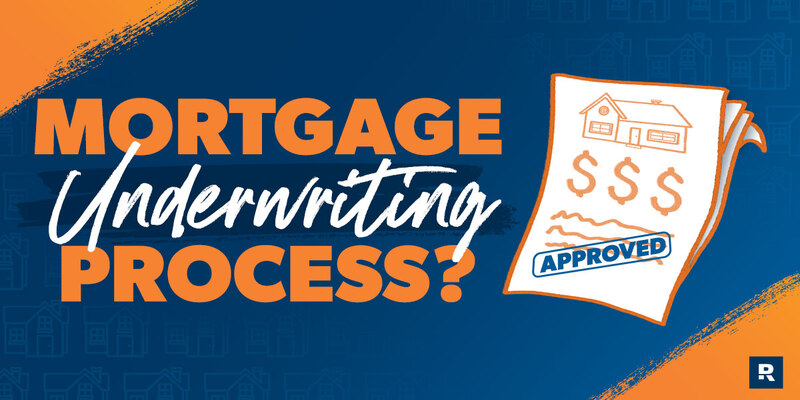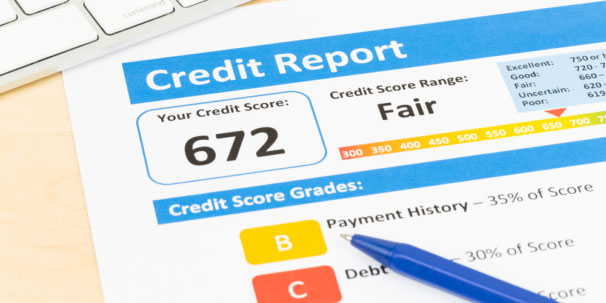There is nothing quite like the thrill of making what may be the biggest and most involved purchase of your life: a down payment on a house. It is helpful to have an idea of what to anticipate from the mortgage application process. The exact time it takes to close a mortgage loan might vary widely, but it usually takes anywhere from three to five months. Learn the mortgage procedure schedule so you may make an educated decision while house hunting. If you are interested in applying for a mortgage, let's see how long does it take to complete process with better mortgage.
Step 1: Determine the Affordability of Your Mortgage
In this stage, you'll choose a mortgage, verify your credit, and estimate your monthly payment. Please allow yourself a week to complete this stage at your own pace. Allow one more week to obtain a letter of pre-approval and hire a housing counselor.
Do a Credit Check
The interest rate, points, and loan amount of your mortgage are all heavily influenced by your credit record & credit ratings. In order to qualify for the best mortgage rates and terms, most lenders want a credit rating in the mid-to high-700s. Reviewing your credit reports as soon as possible will help you spot any inaccuracies and determine whether or not you need to take steps to raise your rating before applying.
Establish a budget
Which option you choose depends on your credit history and the amount you can put down on a mortgage. First, you need to decide whether you'd be better off with a fixed or variable annual percentage rate (APR), then you need to figure out how much money you can afford to spend toward your mortgage every month. Advocates for consumers recommend not devoting more than 28 percent of your monthly earnings to your mortgage payment. That's because of things like property taxes, homeowner's coverage, and HOA dues. Although a bank or other financial institution may tell you that you qualify for a larger loan, only you can decide how much you can afford to pay each month while still paying all of your other bills and living expenses.
The Second Step: Identify a House and Present an Offer
During this phase, your focus should be on searching for a suitable home and making a fair offer to the seller. There is a wide range of possible timelines based on how soon you and your real estate agent are able to locate and agree upon a house to buy. After you've found the perfect house, your estate agent will assist you with drafting an offer and submitting it to the seller's agent. The proposal will contain a price, a proposed closing time period (usually 30 to 90 days following the accepted offer), and cancellation or renegotiation terms. For instance, you may condition the offer on meeting certain conditions, such as getting financing and passing a home inspection. You & the seller will execute a purchase agreement after you've settled on a price and other parameters.
Step 3: Find a Mortgage Lender, Have the House Inspected, And Have It Valued

At this point, you are prepared to complete the mortgage offer process and get loan quotes. About a week will be needed for this. The evaluation alone might take three to four weeks, with an additional week added for the inspection. It's the most important step after you complete preapproval mortgage process.
Pick From a Mortgage Plan
Rate quotations from at least three different lenders are recommended. These institutions might range from internet lenders to traditional brick-and-mortar banks. A loan estimate should be requested from each, and identical information should be given to each lender, including the loan style, rate form, loan length, down payment sum, loan amount, scores, and credits. Estimates for loans should be provided by lenders within three days. Remember that in order to acquire a loan estimate, you must first formally apply for one. The effect of several mortgage applications should be considered when comparing loan estimates. Several mortgage loan applications made within 45 days of one another will only show up as one hard inquiry. You can see a little hit to your credit score if you apply outside of this timeframe.
Look at the APR, insurance and tax premiums, and closing charges (appraisal, title, etc.) in addition to the monthly mortgage payment. Inform the loan officer that you want to go ahead with the mortgage application after you've identified the greatest match. One term for this is "intend to continue." Next, arrange for an assessment, a title search, and a house inspection to verify the property's worth.
Finally, Finalize the Mortgage Underwriting Process and the Closing

Your mortgage lender will confirm your income, assets, debts, and home worth once you've filed your desire to continue and the assessment is finished. During this stage, the lender may need more paperwork from you, like a letter justifying a sizable bank deposit. It could take roughly two weeks to finish this.
A closing declaration, which is typically five pages long, will be sent by the lender after you've been given the all-clear to close on the loan. This paper will be available for review for at least three days. Check the figures against the loan estimate since the lender is not allowed to make major adjustments without good cause or without your prior approval. You'll need to hire a closing agent to process the purchase's funds and legal paperwork. Your hired agent will also complete pre approval mortgage process for you.



